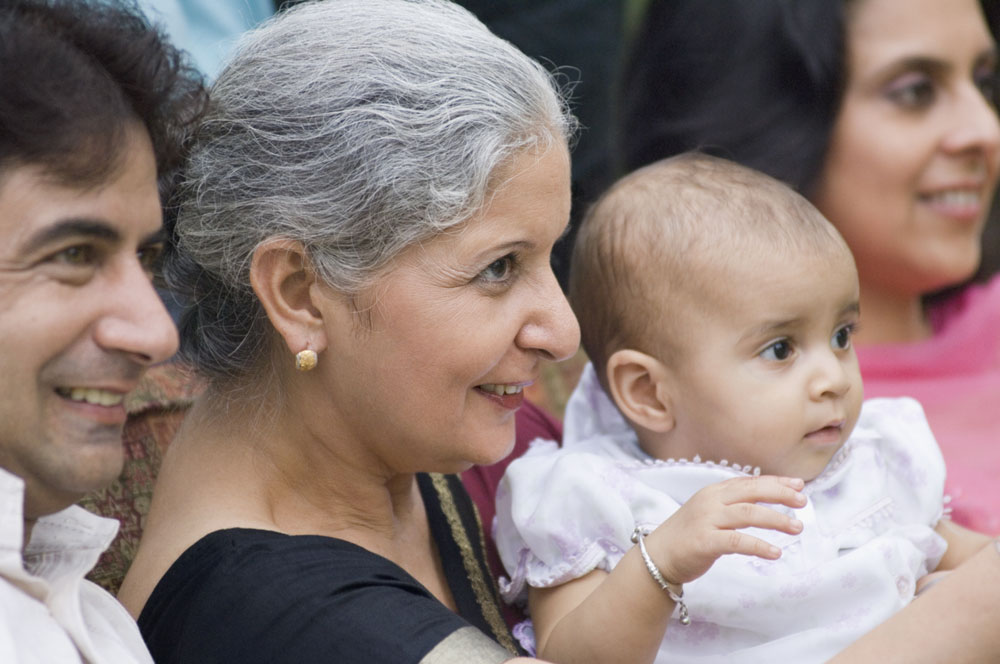A recent amendment proposed to the Maintenance and Welfare of Parents and Senior Citizens Act seeks to strengthen the law protecting seniors. By Sonavi Kher Desai
In a welcome move, the Maintenance and Welfare of Parents and Senior Citizens (Amendment) Bill, 2019, was introduced in the Lok Sabha on 11 December 2019. This Bill amends the Maintenance and Welfare of Parents and Senior Citizens Act, 2007, which was enacted to safeguard the rights of senior citizens. However, the remedies provided under the Act of 2007 are not enough to protect vulnerable seniors from abuse and exploitation.
The Maintenance and Welfare of Parents and Senior Citizens (Amendment) Bill, 2019, seeks to amend the Act as follows:
Under the Act, the term “children” refers to children and grandchildren, excluding minors. The Bill extends the definition to include step-children, adopted children, children-in-law, and legal guardian(s) of minors. Also, the term “relative” would include a legal heir of a childless senior citizen (excluding minors), who would inherit his/her property after death. The Bill amends definition of parents to include biological, adoptive and step-parents, and also includes parents-in-law and grandparents.
The Bill expands the definition of “maintenance” to include the provision of healthcare, safety, and security for parents and senior citizens to lead a life of dignity. It expands the definition of “welfare” to include the provision of housing, clothing, safety, and other amenities necessary for the physical and mental well-being of a senior citizen or parent.
Maintenance from children
Under the Act, a Tribunal, which has the powers of a Civil Court, can order children to provide maximum monthly maintenance of Rs. 10,000 to their senior citizen parents. It has the power to alter or to cancel the order in appropriate circumstances. The Act requires children and relatives to deposit the maintenance amount with the relevant parent or senior citizen within 30 days of being ordered to do so. Failure to pay maintenance would result in 3 months of imprisonment or fine of Rs. 5000 or both. The Amendment Bill removes the upper limit on the maintenance fee. While deciding the maintenance amount the Tribunals may take into consideration the standard of living and earnings of the parent or senior citizen, and the earnings of the children. The Bill also reduces the number of days to deposit the maintenance amount to 15.
With regard to Appeals, the Act provides for senior citizens or parents to appeal the decisions of the Tribunal. The Bill allows children and relatives also to appeal decisions of the Tribunal.
Under the Act, abandonment of a senior citizen or parent is punishable with imprisonment of up to three months, or a fine of up to Rs 5,000, or both. The Bill increases the imprisonment to between three and six months, or fine of up to Rs 10,000, or both. The Bill also provides that if the children or relatives fail to comply with the maintenance order, the Tribunal may issue a warrant to levy the due amount. Failure to pay such fine may lead to imprisonment of up to one month, or until the payment is made, whichever is earlier.
Compliance with orders
The Act provides for a maintenance officer to represent a parent during proceedings of the Tribunal. The Bill requires maintenance officers to ensure compliance with orders on maintenance payments and to act as a liaison for parents or senior citizens.
Under the Act, state governments may set up old age homes. The Bill removes this and provides for senior citizen care homes which may be set up by the government or private organizations. These homes must be registered with a registration authority set up by the state government. The central government will prescribe minimum standards for these homes, such as food, infrastructure, and medical facilities.
The Act provides for certain facilities (such as separate queues, beds, and facilities for geriatric patients) for senior citizens in government hospitals. The Bill requires all hospitals, including private organisations, to provide these facilities for senior citizens. Also, homecare facilities will be provided for senior citizens with disabilities.
The Bill requires every police station to have at least one officer, not below the rank of Assistant Sub-Inspector, to deal with issues related to parents and senior citizens. State governments must constitute a special police unit for senior citizens in every district. The unit will be headed by a police officer not below the rank of Deputy Superintendent of Police.
(Source: PRS)








